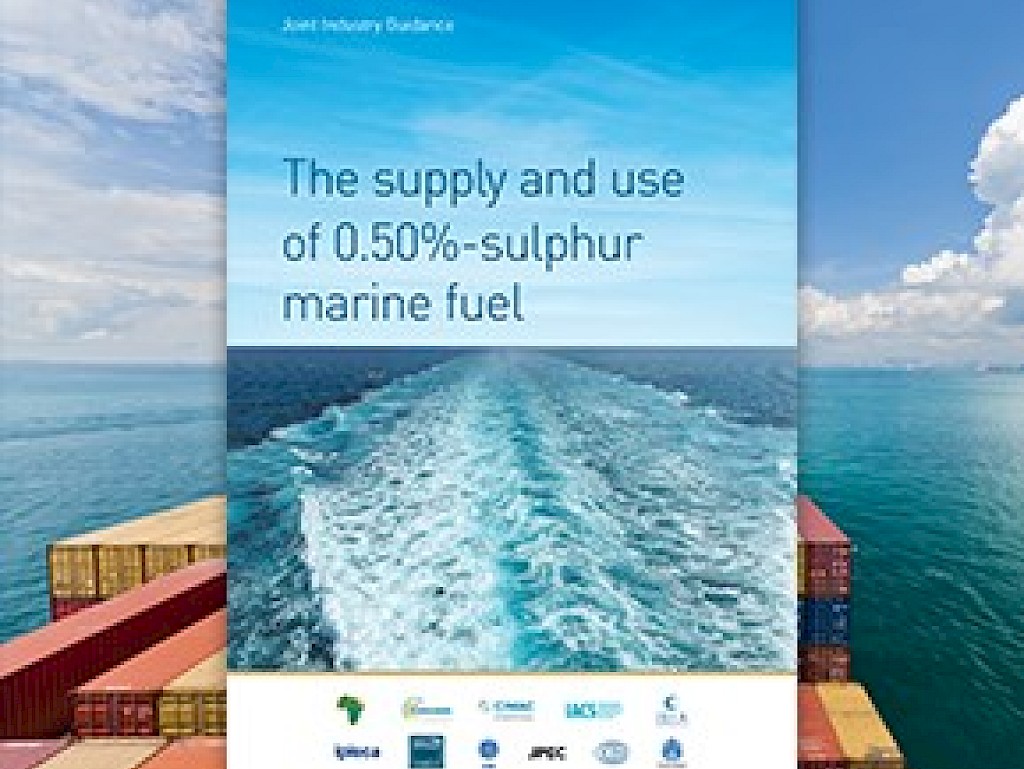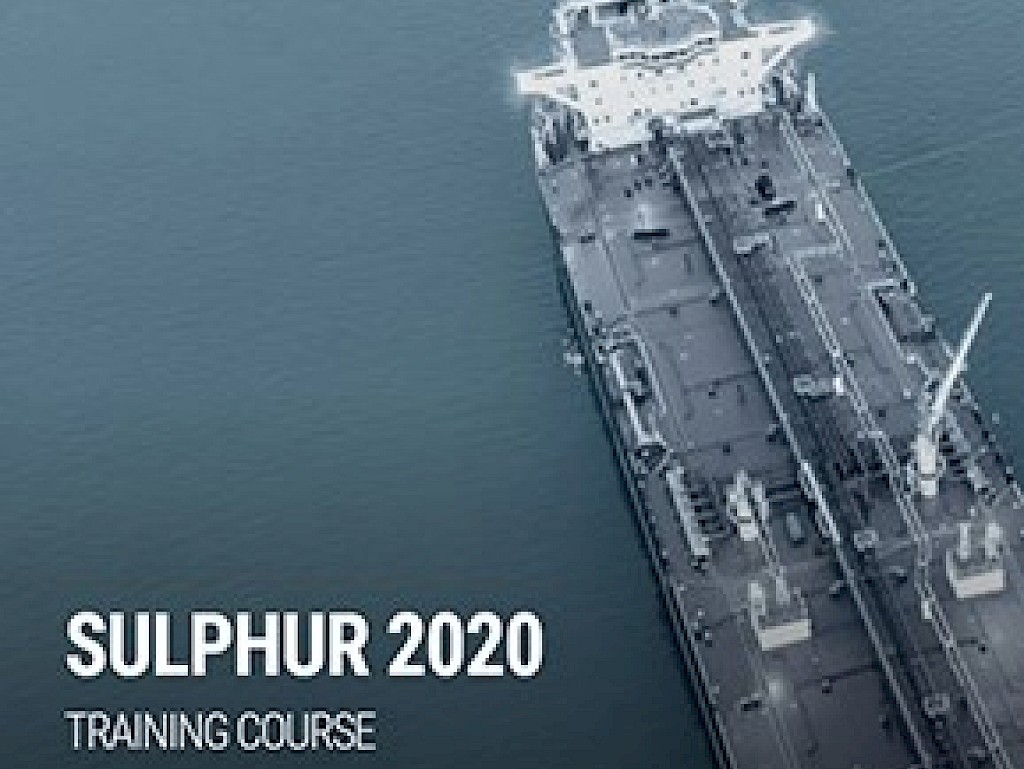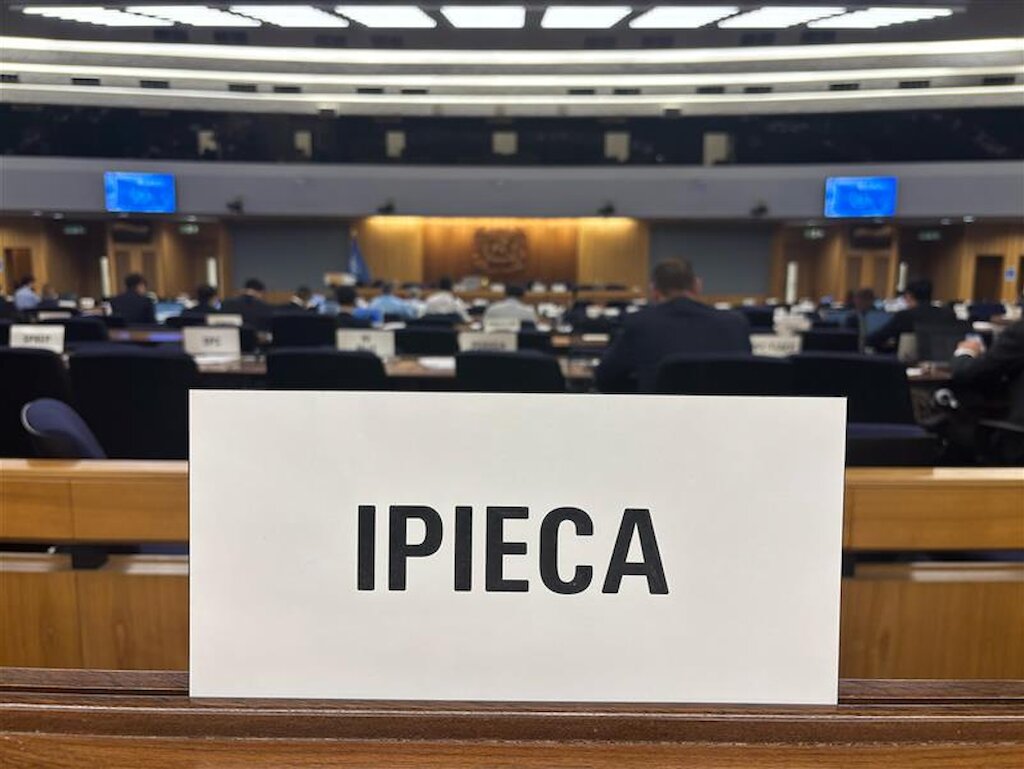The marine GHG emissions strategy has three interlinked ambitions:
- A reduction in carbon intensity of international shipping by at least 40% by 2030 compared to 2008
- Pursuing efforts to achieve a 70% reduction by 2050, compared to 2008
- Reduce the total annual GHG emissions from international shipping by at least 50% by 2050
Since its adoption in 2018, IMO Member States agreed to keep it under review and produce a Revised IMO Strategy on reduction of GHG emissions from ships in 2023.
During the 80th meeting of the Marine Environment Protection Committee (MEPC 80), the Revised GHG Strategy was adopted, read more about the Revised Strategy here.
Ipieca’s role
As an observer of the IMO, Ipieca helps the IMO to assess the science surrounding proposed changes to the marine fuels regime. It also identifies ways to make cleaner marine fuels more readily available to ship owners around the world.
At both the 15th meeting of the Intersessional Working Group on Reduction of GHG Emissions from Ships (26-30 June) and MEPC 80 (3-7 July), Ipieca delegates participated in discussions around the revision of the GHG strategy. Ipieca submitted industry technical feedback in its Proposed amendments to the draft revision of the Initial IMO Strategy on reduction of GHG emissions from ships and also co-sponsored two further papers around a resolution on biofuel uptake and LCA methodology.
Ipieca will continue to support the IMO’s work to decarbonise the maritime industry, providing technical expertise and industry guidance.
Learn more about Ipieca's work on improving fuels and products



